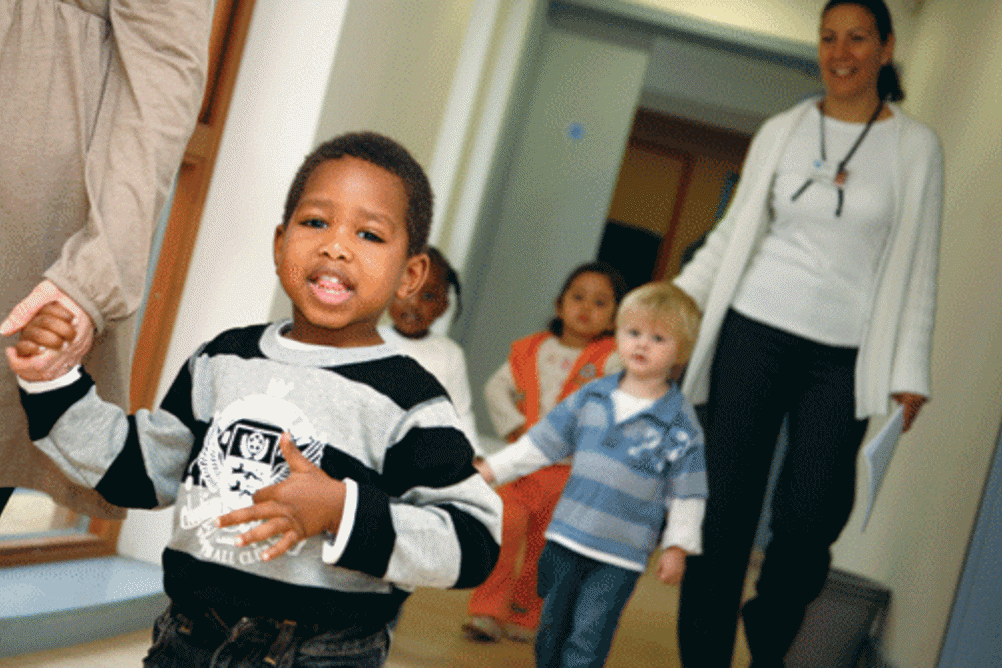
How do toddler groups benefit deprived families?
Toddler groups can offer a number of benefits for deprived families. Those who access toddler groups will have the chance to socialise with other families in their area, helping to build peer support groups and friendships.
Parents attending the groups will also have the opportunity to play and interact with their child in an enabling environment using age-appropriate resources which will support their child’s development through refining motor skills, developing their creative skills and language development.
Depending on the location and provider of the toddler group, parents can be supported to access further services.
How do you identify deprived families?
Partnership working helps us to identify the families who are in most need of support. It is important to build relationships with partner services who can identify families in need of support and signpost the service.
Health visitors are central to supporting this as they have contact with families in the area. Alongside this the worker can raise awareness in the community and develop relationships built on trust that will reassure the families who are reluctant to engage with services.
You need good, strong, effective links with all corners of the community to work together to identify families. This is very difficult to do in isolation.
What are the barriers to integration?
Groups can feel threatening so you need to bear in mind that some families may find it difficult to walk into a new session.
Basic barriers need to be considered, such as the location, transport links and cost.
Some parents may experience barriers that are personal to them. Literacy skills, low self-esteem, depression and a whole range of other issues may make it difficult for parents to access a group.
Parents may feel the group is not for them or is attended by parents they do not feel they have anything in common with.
Children’s centres need to be aware of these issues and constantly strive to ensure their settings are inclusive and welcoming to all.
What are the best ways to get deprived families involved?
A welcoming environment is a good place to start. Someone to greet you at the door and introduce you to other people there is a good way to make people feel welcomed.
A handholding approach can be effective in engaging families. A worker that can attend the session with the family can give them the confidence to walk into a group.
The cost of the session needs to be thought through, this may be an issue for a family who cannot afford to access the group. A donations box can be a way around this so parents do not feel it is compulsory to pay.
The relationship you build with a family is also critical to keeping them involved.
Parents have told us that they felt comfortable very quickly due to the friendly nature of the workers and they felt they wanted to return.
How can you keep them engaged?
The group needs to keep the parents and the children entertained. A programme of activities that all the family will enjoy will result in families returning. Information sessions and outings can also make activities more appealing to families.
Having a range of different activities for children of different ages will support parents who have more than one child.
Structured sessions advertised in advance will give families the option to drop into the ones they are most interested in if they don’t want to commit to weekly sessions.
- Andy Green is 4Children children’s centre area manager in Mid Essex

